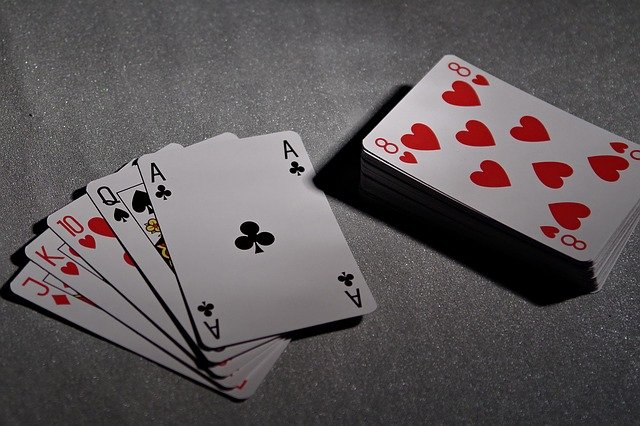A cognitive bias is a form of thinking that affects our ability to reason logically or rationally. Each of us gives in to this kind of bias on a daily basis, most often unconsciously. Under conditions of stress or excitement, we tend to use automatic, lower-level thinking processes, which lead us to act irrationally. This may seem obvious, but it is important to understand that even when we do something we enjoy, such as playing casino games on sites like PlayAmo casino Canada, this cognitive bias is present. If on top of that you add the notion of stress to the notion of excitement, during a poker tournament or when you’re close to the jackpot on a slot machine, this cognitive bias is even more intense. That’s also why you should always play with caution and not get too excited.

The sophism of the player
Also known as betting error, this cognitive bias consists of believing that a previous event can influence the next one. If the roulette wheel stops five times in a row on red, we tend to think that it is more likely to fall on black the next time. In reality, since the draws are independent, the probability always remains the same: one chance in two. Similarly, a series of losses at the slot machine leads us to believe that the machine will eventually “give back” the money, which makes us keep putting it away.
The Law of Large Numbers
Most people tend to think that large samples are more representative for calculating probabilities. When presented with a 100-card deck with 15 winning cards, the probability of drawing a winning card is 15% (15 divided by 100). Another 10-card deck with two winning cards gives a 20% probability of winning (2 divided by 10), which is higher than the previous deck. However, we tend to believe that we have a better chance of winning with all 15 cards.
Overconfidence
Overconfidence is the tendency to overestimate one’s abilities. This bias has been highlighted in various areas: more than half of people feel they have above-average intelligence. Overconfidence mainly concerns strategy games, where we tend to believe we are more gifted than other players, which leads us to take more risks. This belief is often combined with result bias: if I won, it’s not because I won by chance but because I’m the best.
Availability bias
When you think of gambling or online casino games, you immediately imagine the coins dripping from the slot machine or the lottery winner screaming with joy as he discovers his winning grid. Over-mediatized and put forward by the casinos themselves, these examples are intended to make these memories easily available to our brains. Thus, when we are gambling, we remember those scenes that seem close to us even though the probability of winning is very low. This is mainly what attracts online casino players, the idea of winning the jackpot easily on one of the online games when it takes patience, practice, and a certain amount of money invested to get winnings on online casino games.
The illusion of control
The illusion of control is the tendency to believe that we have the power to control events that are beyond our control. Psychological studies have, for example, shown that gamblers roll the dice slowly when they hope for low numbers, and harder when they want high numbers. This illusion of control can be active, as in this example or in carrying a lucky object, or passive (“since I’m lucky today, I have to make bigger bets”).